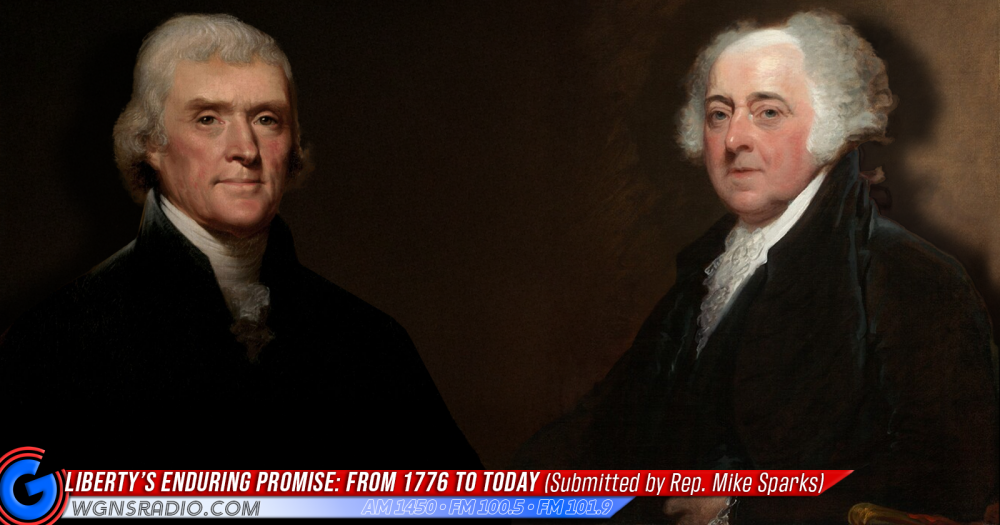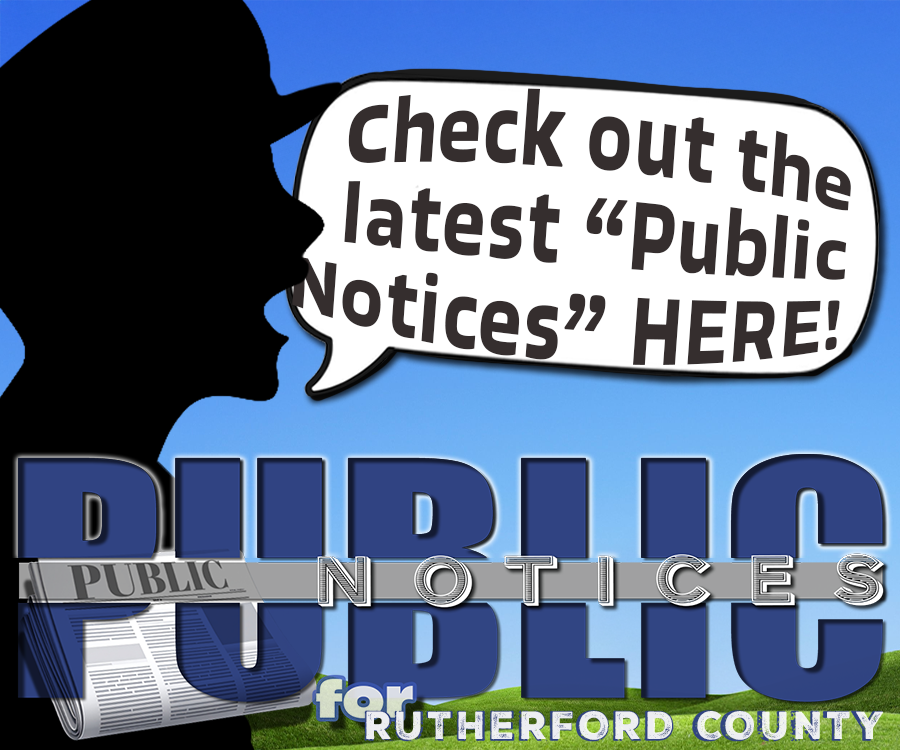In the sweltering heat of Philadelphia’s summer of 1776, history pivoted on the words of extraordinary men willing to commit what King George III would surely consider treason. From a rented room, Thomas Jefferson penned the first draft of a document that would forge a nation, carefully crafting arguments for the absolute necessity of breaking from the Crown while war with Britain raged around them. When John Adams and his fellow delegates affixed their signatures to the Declaration of Independence on July 4th, they understood the magnitude of their act.
Adams proved remarkably prophetic in his prediction to his wife Abigail that future generations would celebrate this day “as the great anniversary Festival” with “Pomp and Parade, with Shews, Games, Sports, Guns, Bells, Bonfires and Illuminations from one End of this Continent to the other.” From that first official celebration in Philadelphia in 1777 to today’s backyard barbecues and spectacular fireworks displays, Americans have marked our independence exactly as he envisioned.
Yet nearly 250 years after its adoption by the Second Continental Congress, the Declaration of Independence endures as far more than an occasion for hot dogs and fireworks. This stirring treatise, which set forth individual rights and rebuked a tyrant king, remains both an inspirational and aspirational document for the United States and people around the world. Beneath the festivities lies a revolutionary idea about human freedom that continues to challenge us today, proving that the words Jefferson chose in that Philadelphia room still carry the power to forge nations and transform lives.
The Marketplace of Ideas: The Declaration’s famous line that “all men are created equal” wasn’t just pretty words. The founders really believed that every person could think for themselves. They had this idea of what we now call the “free and open marketplace of ideas” which let everyone share their thoughts freely, and the truth will come out through good debate instead of the government deciding what’s right.
This wasn’t just talk. The Declaration directly criticized King George for making lawmakers meet in far-off places away from public records “just to wear them down until they gave in.” The founders knew that democracy needs citizens who can easily get information about their government, an idea that would later lead to the Freedom of Information Act almost two hundred years later.
Reagan’s Vision at Liberty’s Doorstep: Perhaps no modern president understood this founding vision better than Ronald Reagan. On July 4, 1986, aboard the USS John F. Kennedy in New York Harbor, Reagan delivered what many consider his greatest, yet least remembered speech. With the Statue of Liberty towering nearby and the largest fireworks display in American history about to begin, Reagan captured the enduring power of 1776’s promise.
Speaking to new American citizens and their families, Reagan talked about liberty not as some distant idea but as a real force that had brought people to America for over two hundred years. He knew that the Declaration wasn’t just an old piece of paper, it was an ongoing invitation to anyone ready to take on the duties that come with freedom.
“The Statue of Liberty is more than a monument,” Reagan said that night. “It is a symbol of what we can be if we have the courage to dream and the determination to make those dreams come true.” He understood what the founders knew: that freedom requires people to get involved, stay informed, and be willing to jump into the messy world of politics and democracy.
The Ongoing Experiment: Today, nearly 250 years after Jefferson’s pen first struck paper, we’re still debating the Declaration’s meaning and our responsibility for its successful execution. This ongoing conversation is precisely what the founders intended. They didn’t create a perfect union, they established a framework for pursuing one, with each generation called to expand and refine the promise of liberty.
President Abraham Lincoln’s famous words at Gettysburg remind us: “Four score and seven years ago our fathers brought forth on this continent, a new nation, conceived in Liberty, and dedicated to the proposition that all men are created equal.” Lincoln’s words connect us back to the Declaration’s claim that people have the right to “change or get rid of” bad government, but this wasn’t asking for wild revolution. It was recognizing that democratic self-rule needs alert, informed citizens willing to keep their leaders in check. But holding leaders accountable takes more than angry social media posts or partisan sound bites, it requires the kind of serious civic involvement the founders had in mind.
Our Continuing Obligation: As we celebrate this Fourth of July with Adams’s predicted “Bonfires and Illuminations,” we would do well to remember that freedom isn’t a spectator sport. The marketplace of ideas only functions when citizens actively participate, seeking truth through genuine debate rather than retreating into ideological echo chambers.
The founders’ vision of informed self-governance challenges us to move beyond comfortable assumptions, to seek out inconvenient facts, and to engage respectfully with those who disagree with us. They believed ordinary people could handle the truth, all of it, messy and complicated as it might be.
John Adams and Thomas Jefferson shared one of the most remarkable friendships in American history, a relationship that survived revolution, politics, and bitter rivalry.
They started as allies, working together on the Declaration of Independence. But politics tested their friendship when Adams favored a strong federal government while Jefferson championed states’ rights. Their differences exploded during the brutal presidential campaigns of 1796 and 1800, when they became fierce rivals.
For years, Adams and Jefferson didn’t speak. Two of America’s greatest founders became strangers divided by politics and pride. But, time heals wounds.
State Rep. Mike Sparks stated…
In their later years, the two reconnected through letters, discovering they still shared the same love for America. On July 4, 1826—the 50th anniversary of the Declaration, oddly, both men died on that very day, within hours of each other. Adams’ last words were reportedly “Thomas Jefferson survives,” not knowing his old friend had already passed.
Today, in government and politics I see much divisiveness and chaos which I blame on excessive pride and inflated egos. Their story reminds us that friendship and respect can survive political differences.
Reagan understood this when he spoke of America as “a shining city upon a hill” not about American superiority, but American responsibility. We are inheritors of an extraordinary experiment in human liberty that succeeds only when each generation recommits to its founding principles.
This Independence Day, let us celebrate not just our freedom but our obligation to preserve it. The Declaration wasn’t the end of the story, it was the beginning of an ongoing conversation about what it means to be free.




